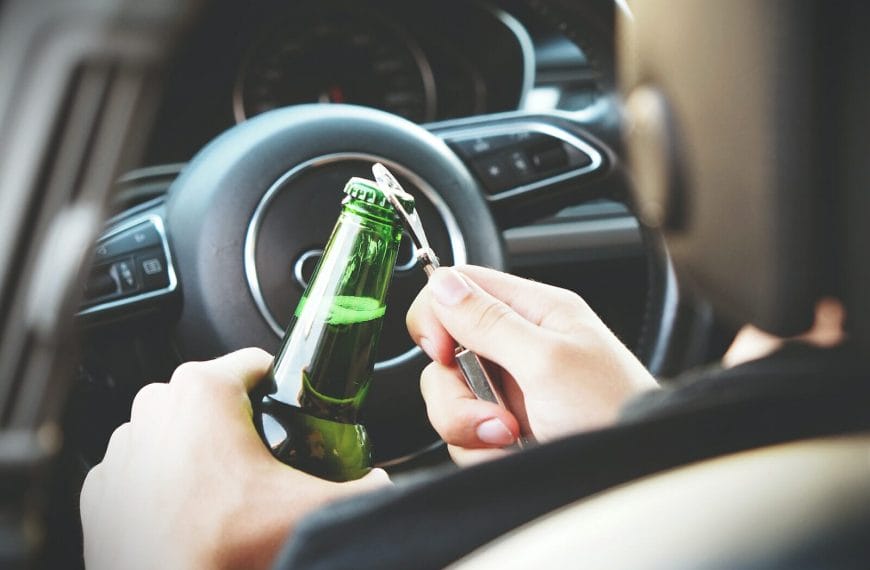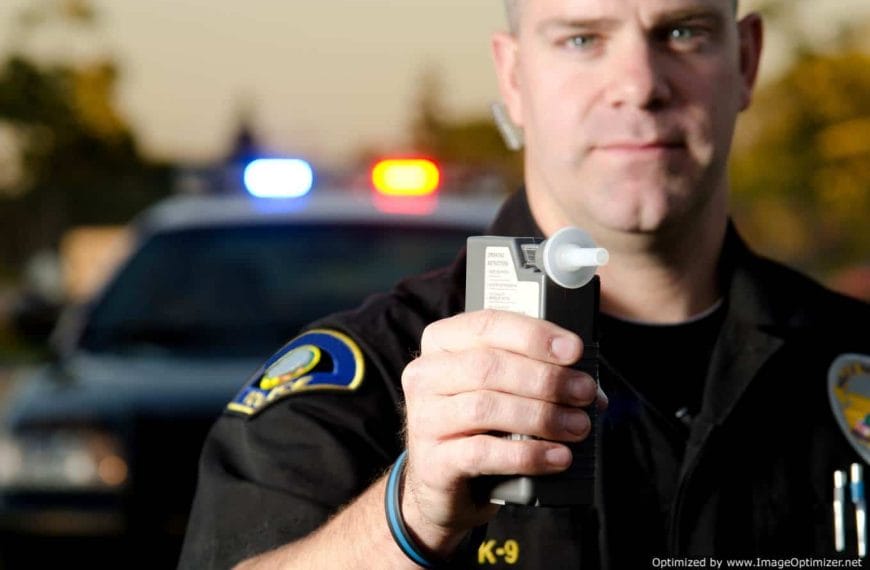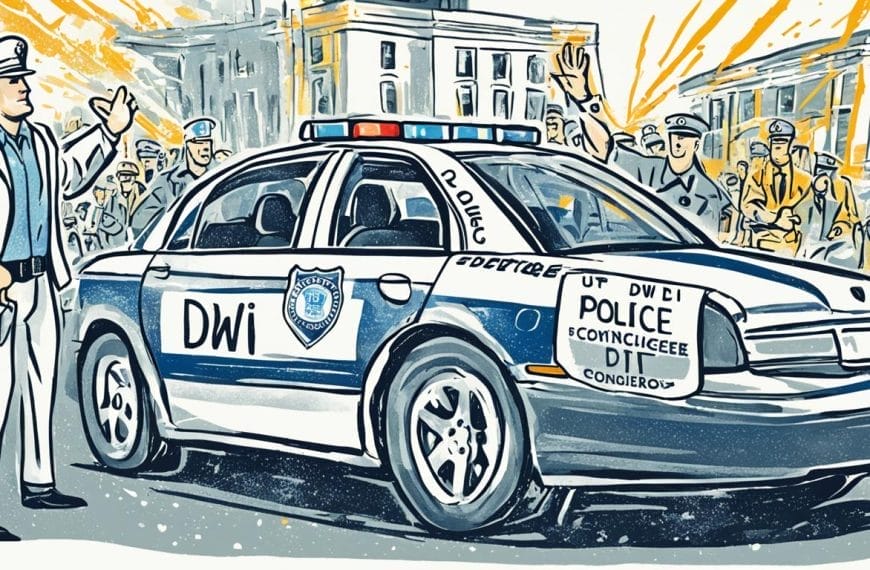If you find yourself faced with a second DWI charge in Texas, it’s crucial to grasp the seriousness of the situation and the potential consequences. This article provides a comprehensive overview of the penalties, legal processes, and long-term impacts associated with a second DWI conviction in Texas.
Key Takeaways
- A second DWI in Texas carries severe penalties, including mandatory fines, jail time, license suspension, and potential installation of an ignition interlock device.
- The financial repercussions can be significant, including high fines, increased insurance premiums, and potential job loss.
- Jail time is mandatory for a second DWI, with a minimum of 30 days, and the sentence can be longer based on factors like BAC or having a minor in the vehicle.
- License suspension is likely, with the duration depending on prior convictions and BAC level, but options like occupational licenses may be available.
- Non-US citizens face additional risks, as a second DWI can lead to deportation or impact immigration status and applications.
- Legal representation is crucial to explore defense options, such as challenging evidence or seeking charge reductions to minimize consequences.
The Gravity of a Second DWI Offense
In Texas, a second DWI is classified as a Class A misdemeanor, leading to harsher penalties than a first offense. These penalties aim to deter individuals from repeated drunk driving and protect public safety. Understanding the potential consequences is essential for anyone facing this charge.
Potential Penalties for a Second DWI Offense
- Class A Misdemeanor Classification: This designation comes with more severe penalties than lower-level misdemeanors.
- Fines: Mandatory fines ranging from $4,000 to $10,000 can significantly impact your financial stability.
- Probation Periods: You may be placed on probation for a specified period, requiring adherence to specific conditions such as community service or alcohol education programs.
- Special Conditions of Release from Jail on Bond: Requirements such as installing an ignition interlock device (IID) in your vehicle may be imposed to prevent further offenses.
Financial Repercussions of a Second DWI
Beyond the immediate fines, a second DWI can lead to long-term financial burdens. Increased insurance premiums are highly likely, and some insurers may even deny coverage altogether, making it difficult and expensive to maintain vehicle insurance. Furthermore, a second DWI conviction on your record can create challenges in finding or maintaining employment, as many employers conduct background checks and may view it as a red flag.
Jail Time and Mandatory Minimum Sentences
A second DWI conviction carries mandatory jail time, with a minimum sentence of 30 days. However, depending on circumstances like a high BAC or the presence of a minor in the vehicle, the judge has the discretion to impose longer sentences. Additionally, having multiple DWIs on your record can lead to even harsher penalties, including extended jail time.
Probation and Community Supervision
As an alternative to incarceration, the court may offer probation or community supervision for a second DWI offense. Probation allows you to stay in the community under court-ordered conditions, such as attending alcohol treatment programs and regular reporting to a probation officer. Community supervision involves stricter monitoring and additional requirements like drug and alcohol testing. Failure to comply with these conditions can result in revocation and jail time.
License Suspension and Driving Privileges
Following a second DWI conviction, your driver’s license will likely be suspended, ranging from 180 days to 2 years depending on your BAC and previous DWI convictions. During this period, you may be eligible for an occupational license for essential purposes like work or medical appointments. However, driving without a valid license or violating restrictions can lead to further penalties.
Ignition Interlock Device (IID) Requirements
In many second DWI cases, the court mandates the installation of an IID in your vehicle. This breathalyzer device prevents the car from starting if your breath alcohol concentration exceeds a pre-set limit. IIDs help ensure you remain sober while driving and can be required for a specified duration, often for the length of your license suspension or probation period.
Impact on Employment and Insurance
A second DWI conviction can significantly hinder employment opportunities. Background checks may reveal the conviction, leading to concerns about reliability and potential risks, particularly in fields involving driving or requiring a clean record. Additionally, insurance companies view multiple DWIs as high-risk behavior, resulting in increased premiums or even denial of coverage.
Immigration and Other Legal Consequences
For non-US citizens, a second DWI conviction can have severe immigration consequences, potentially leading to deportation or removal proceedings. It may also impact eligibility for immigration benefits, such as naturalization or visa applications. Furthermore, the conviction can create difficulties in future legal processes and subject you to increased scrutiny in background checks for employment or housing.
Possibility of Charge Reduction and Legal Defense
While a second DWI carries serious consequences, it’s important to remember that options for defense and charge reduction exist. An experienced DWI attorney can assess your case, challenge evidence, identify any procedural errors, and negotiate with the prosecution to potentially reduce the charges or minimize penalties. Consulting a lawyer is crucial to protect your rights and navigate the complexities of the legal system effectively.













